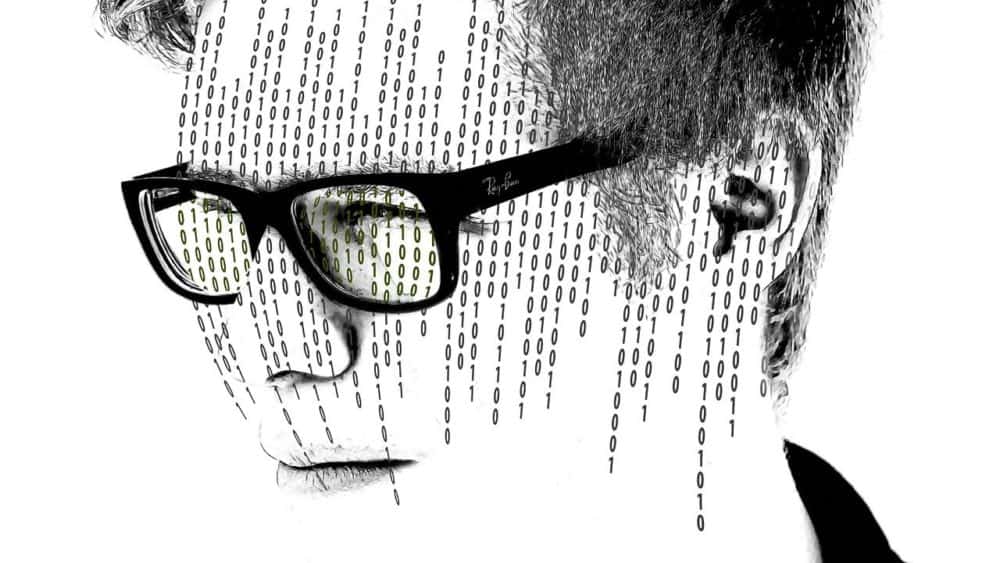I’m going to preface this entire post by saying that I probably fall into the category of ‘digital junkie’ – I never go anywhere without my iPhone or iPad and seem to be constantly connected to email or some social network. I actually found myself nodding while reading the two articles I reference below.
So Aleks Krotoski’s article in today’s Observer is quite timely. She advocates taking a break from the digital networks we seem to rely on, indicating that this can help us put things in perspective:
We do get some kind of psychological reward from connecting with one another online. But we must be mindful that we are in the driver’s seat, and that everything needs to shut down every once in a while. Have a break. Turn off your BlackBerry and enjoy the sunshine. The web will be there when you get back, but your life may be passing you by.
Aleks also refers to a book I’ve seen grow in popularity recently, “The Winter of our Disconnect”. It describes one woman’s attempts to disconnect her family from their various digital networks and help them reconnect with the ‘real world’. I’m looking forward to reading it, though can’t help but smile at the irony that it will be via my Kindle!
Wired too has recently pointed out the benefits of reducing use of digital networks, albeit not in the cold turkey approach described by Aleks Krotoski. They refer to a new book, “The Digital Diet”, which describes a process for reducing not removing your access to these networks. Wired’s opening paragraph describes someone a lot of us probably know:
You’re having a lovely conversation, but think nothing of breaking the mood by grabbing your smartphone to confirm (more likely dispute) something. You’re having a lovely, relaxing cup of coffee at your neighborhood hangout, but can’t sit still when the WiFi dies. You tweet incessantly. Check e-mail like you’re paid to. And until your most recent adventure is posted on Facebook, you feel like somehow, it hasn’t really happened yet.
I’ve previously pointed out the dangers of being “always on”, a status facilitated by modern communications technology like mobile phones and Blackberrys. Think about the use of email. Many employees spend a good chunk of their working day emailing their colleagues and responding to emails in kind. What do they do as soon as they leave work? They email friends and family, sometimes using the same device.
Work-life balance researchers have consistently pointed to a continued blurring of the distinctions between the work and home domains. For example, replying to work emails when at home or taking phone calls from your boss while with your family. These are quite obvious examples.
But what about the more subtle examples? What about using the same laptop to access your work and home emails? Using the same mobile phone to speak to your manager and your mother? Accessing Facebook while at work?
More and more, the boundaries between work and home are less obvious, particularly for those employees whose work is based in the ‘knowledge economy’.
Being more aware – or mindful – of how we spend our time communicating digitally can only be a good thing. Being more aware of how we allow work and home life to interact with each other – either positively or negatively – gives us the opportunity to do something about it and potentially reshape this interaction into something more positive.

